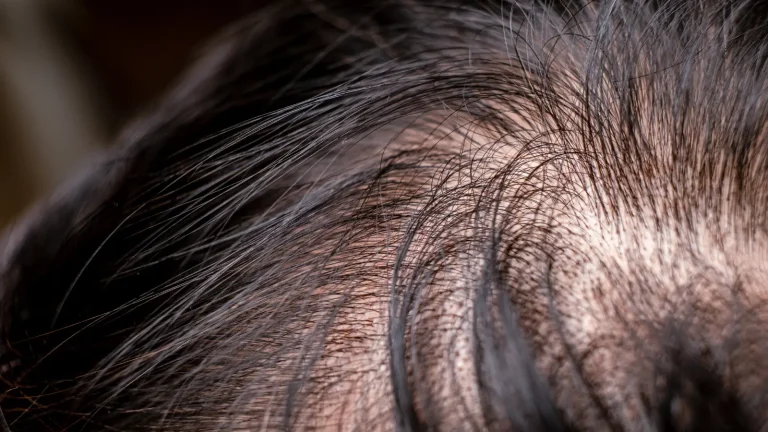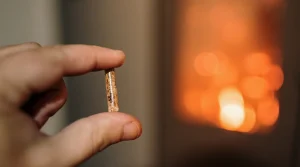Noticing more hair in your shower drain and seeing patches of the scalp when you get dressed might be unsettling signs of thinning hair. As hair loss progresses slowly but surely, you may wonder about its causes, prevention, and possible treatments. Let’s delve into the details.
Getting ready for your first visit to Bergen County MedSpa? Our experienced staff and doctors are committed to delivering top-notch care tailored to you. Book your appointment now at (201) 228-3200!
Symptoms of Hair Loss
Alopecia, the medical term for hair loss, often starts gradually. While hair loss is more commonly associated with men, women can also experience thinning hair. Early signs include:
- Gradual Thinning: Thinning typically begins at the top of the head. Men may notice their hairline receding, while women often see their part widening.
- Bald Spots: These can appear as circular or patchy areas on the scalp. Sometimes, these areas may itch before hair falls out.
- Traumatic Hair Loss: Sudden loss, where hair comes out in large amounts, may be due to trauma or Stress. The good news is that this loss often reverses itself over time.
Causes of Hair Loss
While it’s expected to shed 50 to 100 hairs daily, excessive hair loss might indicate a problem. Common causes include:
- Heredity: Genetic predisposition is the most common cause of hair loss, known as androgenetic alopecia. It affects both men and women, though it is more prevalent in men.
- Hormonal Changes: Women may experience hair loss due to pregnancy, menopause, or thyroid issues. Postpartum hair loss is also common after childbirth.
- Medical Conditions: Conditions like alopecia areata, an autoimmune disorder, can cause hair loss in patches. Thyroid disorders and other health issues can also contribute.
- Medications and Stress: Certain drugs and high-stress levels can lead to temporary or permanent hair loss.
Effects of Hair Loss
The impact of hair loss varies from person to person:
- Men: Some may seek treatments such as hair transplants or medications. Others might embrace their hair loss, opting for a shaved head or wearing hats.
- Women: Women may explore treatments, wear wigs, or use head coverings like turbans or hats to manage their appearance.
Both genders might experience emotional distress due to hair loss. For some, it’s a part of aging they accept with grace, while others may struggle with their self-image and seek various coping mechanisms.
Treatment Options
Hair loss is not always preventable, but many treatment options are available today:
- Medications: Over-the-counter options like minoxidil and prescription medications like finasteride can help slow hair loss and promote regrowth.
- Hair Transplants: Surgical procedures such as follicular unit transplantation (FUT) and follicular unit extraction (FUE) can restore hair growth.
- Lifestyle Changes: Reducing Stress, maintaining a healthy diet, and avoiding harsh hair treatments can support hair health.
- Wigs and Hairpieces: For those who prefer non-medical solutions, high-quality wigs and hairpieces offer a practical way to manage hair loss.
Tips for Managing and Preventing Hair Loss
While some hair loss is inevitable due to genetics or aging, there are steps you can take to manage and potentially minimize it:
1. Maintain a Healthy Diet
- Nutrient-rich foods: Include foods high in vitamins and minerals like iron, zinc, and biotin. Leafy greens, nuts, seeds, and fish can support hair health.
- Hydration: Drink plenty of water to keep your scalp and hair hydrated.
2. Avoid Excessive Heat and Chemical Treatments
- Minimize Heat Styling: Avoid using hair dryers, curling irons, and straighteners. When you do use them, apply a heat protectant.
- Limit Chemical Processing: Avoid frequent colouring, perming, or relaxing, as these can weaken hair and lead to breakage.
3. Use Gentle Hair Care Products
- Shampoos and Conditioners: Choose sulphate-free products designed for your hair type. Look for ones that strengthen and nourish the hair.
- Avoid Over-Washing: Washing your hair too often can strip it of natural oils. Aim to wash it 2-3 times a week.
4. Practice Good Scalp Care
- Regular Massages: Gently massage your scalp to stimulate blood flow and promote hair growth.
- Avoid Tight Hairstyles: Refrain from hairstyles that pull tightly on your hair, such as ponytails or braids, as they can cause traction alopecia.
5. Manage Stress
- Stress-Reduction Techniques: Engage in activities that reduce Stress, such as yoga, meditation, or exercise. Chronic Stress can contribute to hair loss.
6. Protect Your Hair from Environmental Damage
- Sun Protection: Wear a hat or use hair products with UV protection to shield your hair from sun damage.
- Pollution Protection: Rinse your hair with clean water after exposure to polluted environments to remove toxins.
7. Consider Over-the-Counter Treatments
- Minoxidil: This topical treatment can help promote hair growth in both men and women. Follow the instructions carefully for the best results.
8. Explore Prescription Options
- Finasteride: A prescription medication for men that can help slow hair loss and encourage regrowth. Consult with your doctor to determine if it’s right for you.
9. Consult with a Specialist
- Dermatologist or Trichologist: Seek advice from a specialist to identify the cause of hair loss and discuss tailored treatment options.
10. Embrace Non-Medical Solutions
- Wigs and Hairpieces: If hair loss becomes significant, consider high-quality wigs or hairpieces to enhance your appearance and boost confidence.
Consulting with a healthcare provider or dermatologist can provide personalized advice and help determine the best action based on your specific condition and needs.







